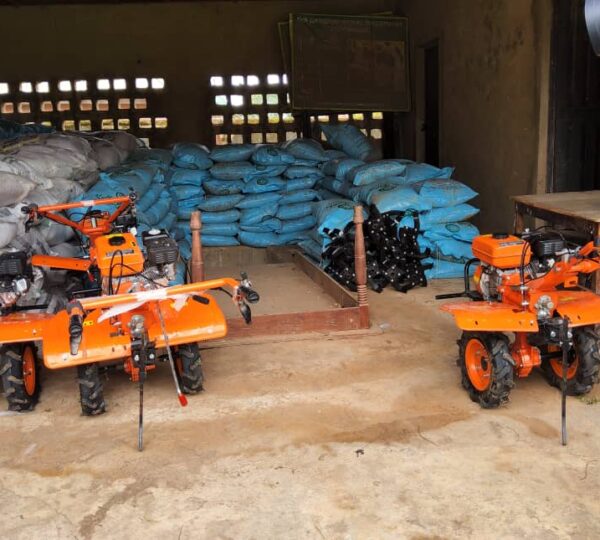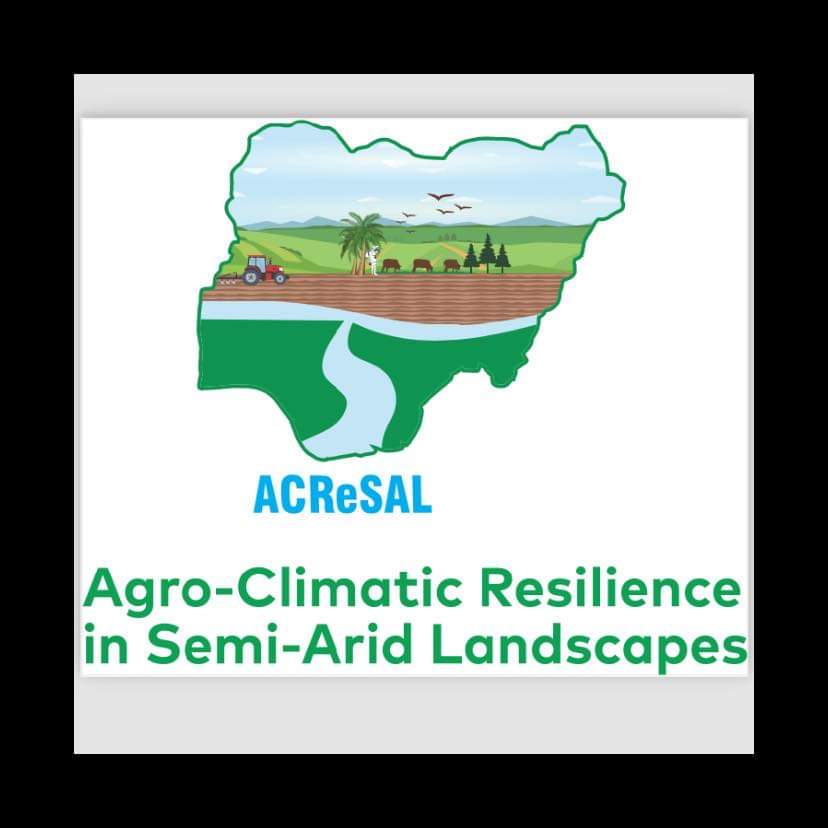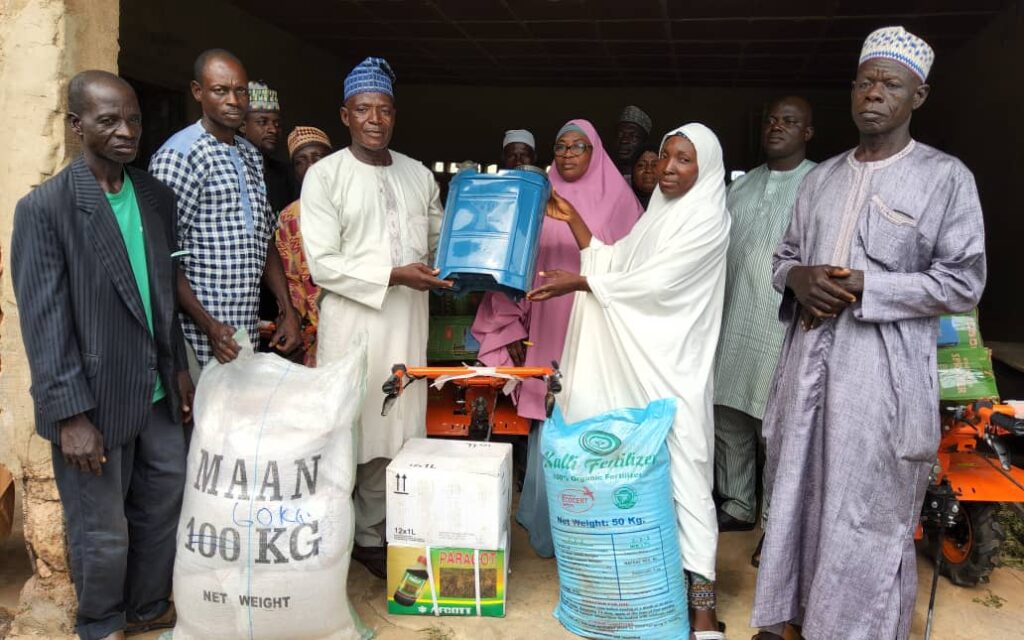
In a significant stride towards fortifying the agricultural landscape in Niger State, the Agricultural and Climate Resilience Support to Agriculture (ACReSAL) initiative has recently extended substantial support to local farmers. This development underscores the commitment of the initiative to enhance food security, promote sustainable farming practices, and uplift the livelihoods of the farming community in the region.
The ACReSAL initiative, with its focus on climate resilience and agricultural sustainability, has emerged as a pivotal force in addressing the challenges faced by farmers in the state. Through a multi-faceted approach, ACReSAL aims to empower farmers with the necessary tools, knowledge, and resources to navigate the complexities of modern agriculture.

Key components of the support package include access to advanced agricultural technologies, training programs on climate-smart farming techniques, and financial assistance to facilitate improved productivity. By leveraging these resources, local farmers are not only expected to enhance their yields but also build resilience against the adverse impacts of climate change.


The ACReSAL initiative recognizes the critical role that farmers play in the overall economic development of the state. By fostering a more sustainable and resilient agricultural sector, the initiative aims to contribute to poverty alleviation, promote economic diversification, and create a more robust foundation for the future.

Government officials and agricultural experts have lauded the efforts of ACReSAL, highlighting the positive impact it is poised to have on the overall socio-economic fabric of Niger State. The initiative’s collaborative approach, working closely with local communities and stakeholders, has been instrumental in tailoring solutions that address the specific needs and challenges faced by farmers in the region.
As the ACReSAL support gains momentum, it is anticipated that the agricultural sector in Niger State will witness a transformative shift, with farmers equipped to navigate the dynamic agricultural landscape more effectively. This initiative stands as a testament to the power of targeted interventions in driving positive change and fostering resilience in the face of evolving challenges.


